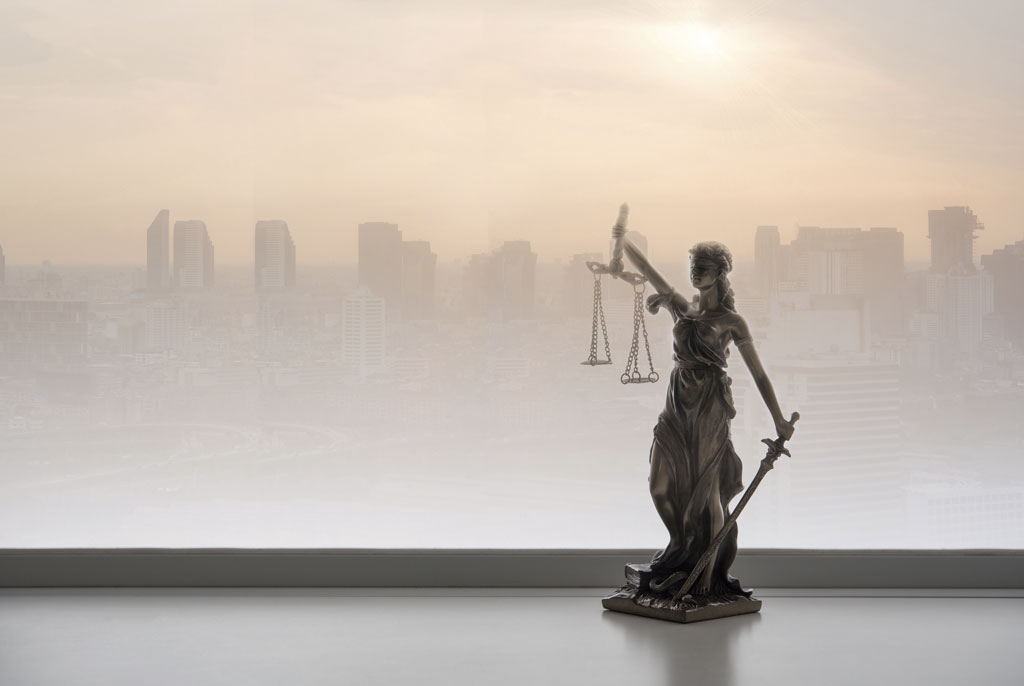
The meaning of ‘true and fair’ may be whatever accountants say it is, as Roderick Ramage explains
Section 393(1) of the Companies Act 2006 reads: ‘The directors of a company must not approve accounts for the purposes of this Chapter unless they are satisfied that they give a true and fair view of the assets, liabilities, financial position and profit or loss …’. What meaning should the law give to the expression ‘true and fair’?
A starting point for the interpretation of statutes is at 332 in Macarthys Ltd v Smith [1979] 3 All ER 325: ‘As the meaning of the words [Equal Pay Act 1970, s 1(1) and (2)] is clear, and no ambiguity, whether patent or latent, lurks within them, under our rules for the construction of Acts of Parliament the statutory intention must be found within those words.’
Two differing means of finding the meaning of the words ‘true and fair view’ are these.
The Shorter OED
True: ‘Consistent with fact; agreeing with reality; representing the thing as it









